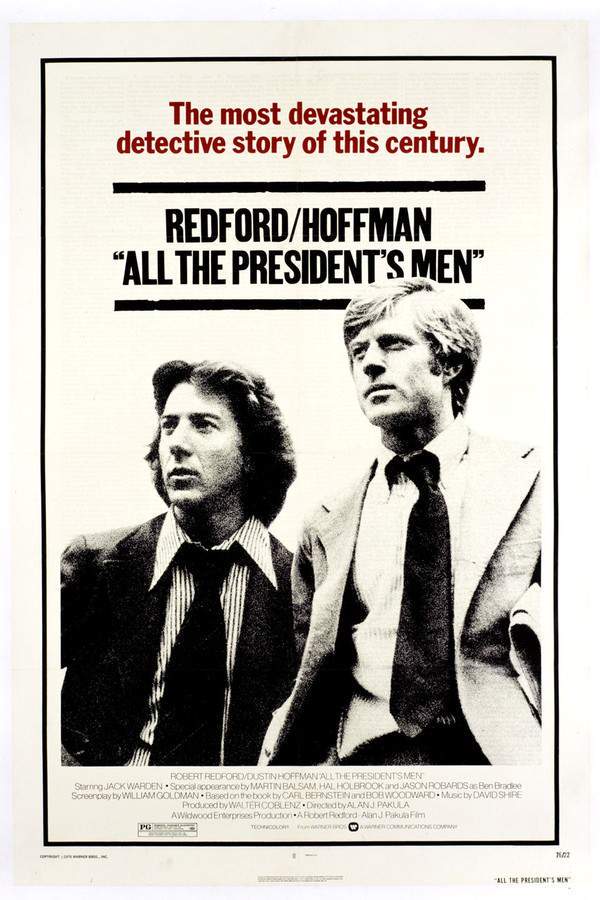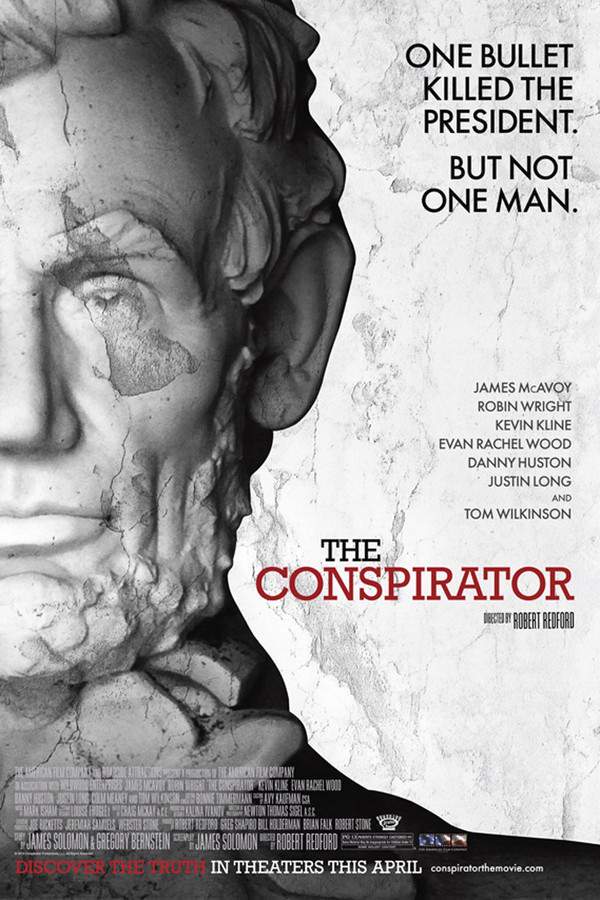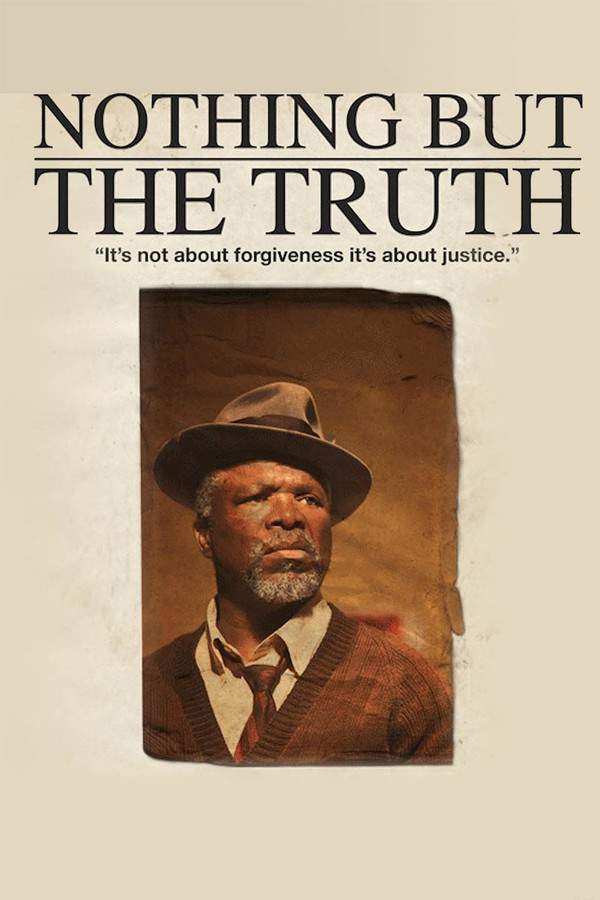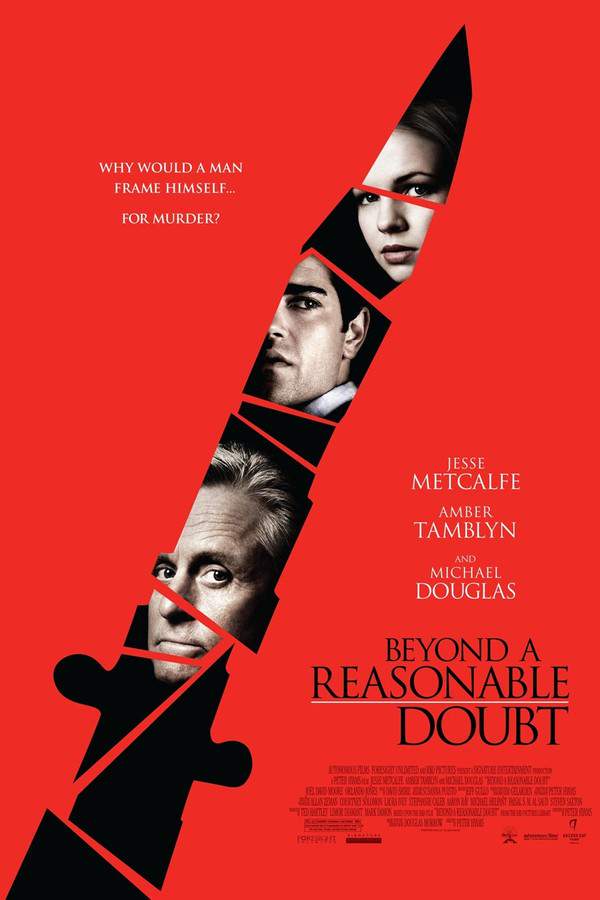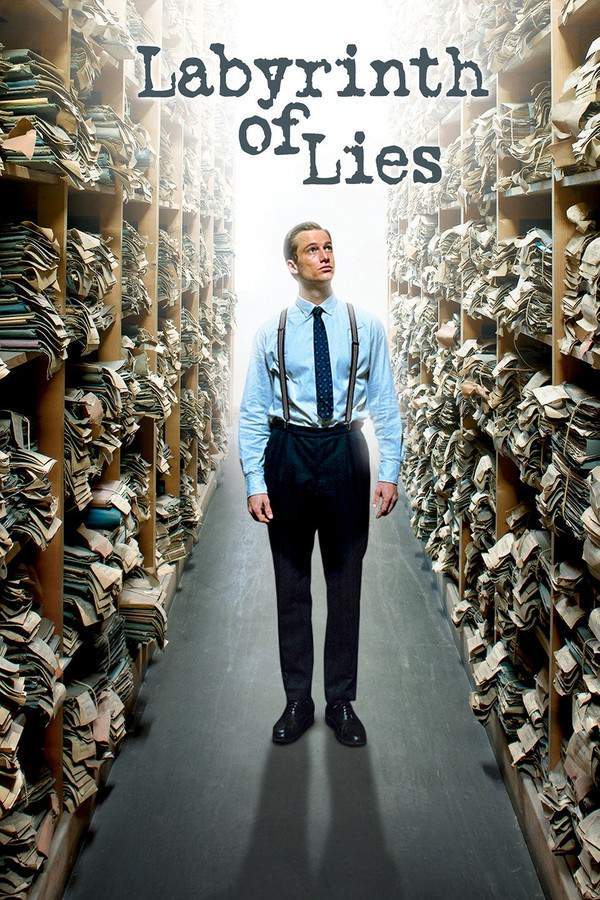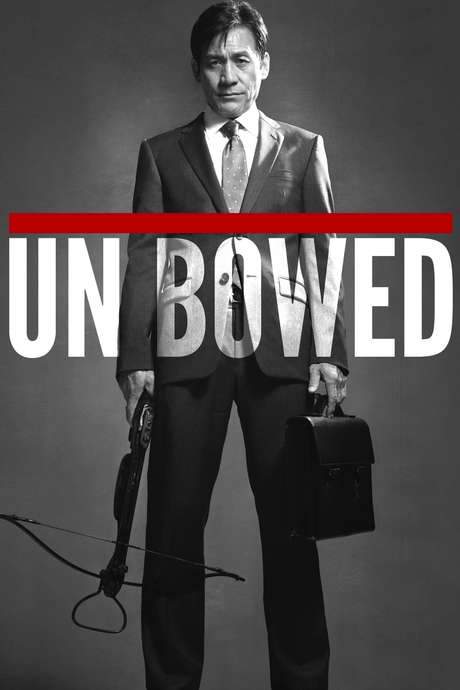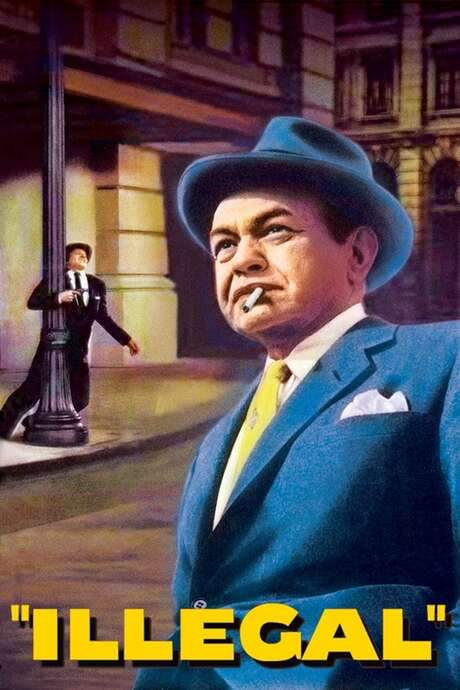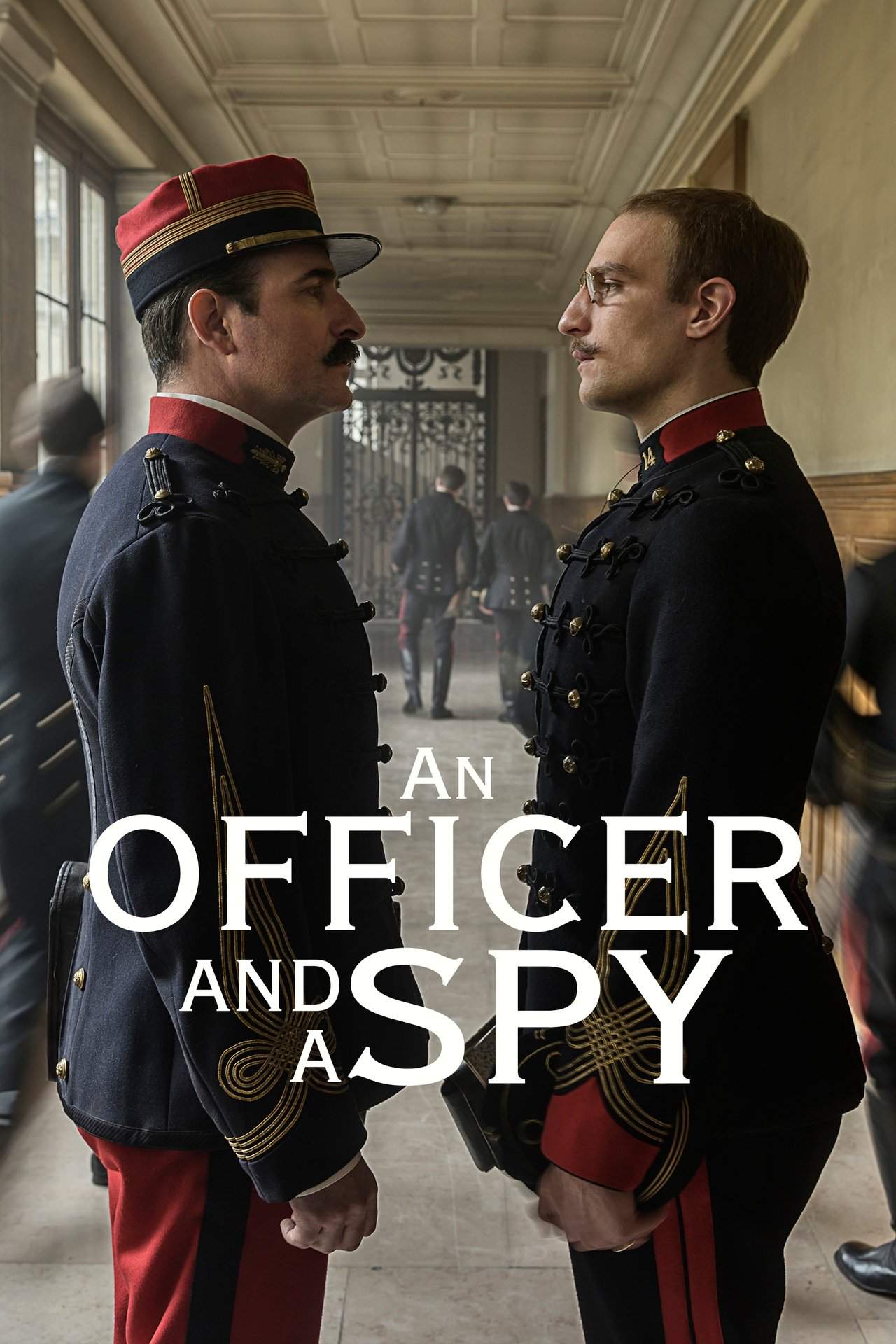
An Officer and a Spy
On January 5, 1895, Captain Alfred Dreyfus, a promising young officer in the French Army, is stripped of rank after being accused of spying for Germany and sentenced to life on the remote Devil’s Island in the Atlantic off French Guiana. The disgrace is observed by fellow officer Georges Picquart, who is elevated to head the army’s counter‑intelligence service, placing him at the center of the unfolding scandal.
Warning: spoilers below!
Haven’t seen An Officer and a Spy yet? This summary contains major spoilers. Bookmark the page, watch the movie, and come back for the full breakdown. If you're ready, scroll on and relive the story!
An Officer and a Spy (2025) – Full Plot Summary & Ending Explained
Read the complete plot breakdown of An Officer and a Spy (2025), including all key story events, major twists, and the ending explained in detail. Discover what really happened—and what it all means.
The story begins in 1894, with Alfred Dreyfus, a French army captain, being accused of high treason for allegedly passing military secrets to Germany. He is swiftly convicted and sentenced to exile on Devil’s Island, a remote penal colony. This case sparks widespread controversy in France, partly because Dreyfus was Jewish, fueling anti-Semitic sentiments and deepening the public’s divided opinion.
One year later, Georges Picquart, a respected officer and former teacher of Dreyfus, is appointed head of the secret service section in the French army, known as the Deuxième Bureau. Despite his alleged anti-Semitic tendencies, Picquart begins to suspect that the trial was rushed and biased, influenced heavily by Dreyfus’s Jewish background. During his review of the case, Picquart notices inconsistencies in the dossier, particularly regarding the so-called bordereau, the document used as evidence of Dreyfus’s guilt. After a thorough investigation, Picquart uncovers that the bordereau was not authored by Dreyfus but by another officer, Major Ferdinand Walsin Esterhazy—a revelation that hints at a deeper conspiracy.
Still convinced of Dreyfus’s innocence, Picquart attempts to reopen the case, aiming to clear his name and arrest Esterhazy. However, he faces fierce opposition from his superiors, who fear that exposing the truth could lead to a scandal, revealing corruption within the army. They also see Dreyfus, as a Jewish man, as an ideal scapegoat to conceal the real culprit. Facing pressure, Picquart is removed from his position and sent away on a mission far from Paris. Nevertheless, he refuses to stay silent and eventually manages to reconnect with his friend Louis Leblois, a lawyer, who begins to rally support for Dreyfus’s exoneration. With help from other allies including the famed writer Émile Zola, a campaign against injustice begins to unfold.
The campaign’s momentum leads to Zola’s iconic publication of the open letter titled J’accuse in the newspaper L’Aurore, where he fiercely criticizes the flawed trial process and exposes the corruption involving high-ranking officials and military officers. His boldness draws harsh repercussions; he is tried for defamation and sentenced to a year in prison after false testimonies are revealed during the trial. Meanwhile, the nation remains sharply divided, with some factions still believing in Dreyfus’s guilt and others demanding justice for the wrongly accused. The situation escalates as Lieutenant Colonel Hubert Henry testifies against Dreyfus but later perjures himself, ultimately confessing and dying shortly after in what appears to be a suicide.
With Henry’s deposition confirmed, Picquart is acquitted and released, and Dreyfus is given a second trial in Rennes in 1899. Before the trial, his lawyer Fernand Labori is attacked, preventing him from defending Dreyfus. Despite a lighter sentence, Dreyfus is convicted again. Still, he receives a pardon from the government, acknowledging the injustice but stopping short of full exoneration. Dreyfus, exhausted but dignified, accepts this resolution, although Picquart continues to fight for his innocence, remaining committed to justice.
Seven years later, Dreyfus is eventually acquitted and officially reintegrated into the army, symbolizing that justice has finally prevailed. In 1907, Picquart is appointed Minister of War, partly due to recognition of the wrongful conviction, which also redeemed his reputation. Dreyfus, seeking acknowledgment for the years lost and his degraded rank, confronts Picquart to request a meeting. Nevertheless, their ideals diverge as political tides shift, and Picquart cannot fully fulfill Dreyfus’s wishes. The two men part ways, with mutual respect but no further contact, leaving behind a story of injustice, perseverance, and the profound struggle for truth in a divided France.
Last Updated: August 19, 2025 at 05:15
Explore Movie Threads
Discover curated groups of movies connected by mood, themes, and story style. Browse collections built around emotion, atmosphere, and narrative focus to easily find films that match what you feel like watching right now.
Historical Conspiracy Thrillers Like An Officer and a Spy
A single determined insider uncovers a conspiracy that powerful forces want buried.If you enjoyed the methodical investigation and high-stakes political tension of 'An Officer and a Spy,' you'll find similar gripping stories here. This thread features movies based on true historical scandals, wrongful convictions, and whistleblowers fighting powerful, corrupt systems.
Narrative Summary
The narrative typically follows a linear investigative path, where a dedicated individual slowly uncovers layers of deception. The conflict is not just about solving a mystery, but about battling an entire system designed to protect itself, leading to a journey of immense personal and professional sacrifice.
Why These Movies?
These movies are grouped by their shared foundation in real-world scandals, a steady, procedural pacing that builds tension, and a central theme of institutional corruption versus individual integrity. They create a specific, tense vibe of paranoia and righteous determination.
Movies With Bittersweet Endings About Justice Like An Officer and a Spy
Stories where truth prevails, but the personal cost of the victory leaves deep scars.For viewers who appreciated the heavy emotional weight and bittersweet conclusion of 'An Officer and a Spy,' this thread collects dramas where the fight for justice is ultimately successful but comes at a great personal cost, leaving a lasting emotional impact.
Narrative Summary
The narrative arc follows a prolonged struggle against injustice, marked by significant setbacks and personal suffering. The climax involves a formal victory or vindication, but the resolution emphasizes the emotional and physical ruin endured by the characters, making the triumph feel sobering rather than purely celebratory.
Why These Movies?
These films share a specific emotional blend: a heavy weight throughout the story, a tense and serious tone, and a conclusively bittersweet ending. They are united by the theme that fighting for what is right often requires immense sacrifice, leaving a permanent mark.
Unlock the Full Story of An Officer and a Spy
Don't stop at just watching — explore An Officer and a Spy in full detail. From the complete plot summary and scene-by-scene timeline to character breakdowns, thematic analysis, and a deep dive into the ending — every page helps you truly understand what An Officer and a Spy is all about. Plus, discover what's next after the movie.
An Officer and a Spy Timeline
Track the full timeline of An Officer and a Spy with every major event arranged chronologically. Perfect for decoding non-linear storytelling, flashbacks, or parallel narratives with a clear scene-by-scene breakdown.

Characters, Settings & Themes in An Officer and a Spy
Discover the characters, locations, and core themes that shape An Officer and a Spy. Get insights into symbolic elements, setting significance, and deeper narrative meaning — ideal for thematic analysis and movie breakdowns.

An Officer and a Spy Spoiler-Free Summary
Get a quick, spoiler-free overview of An Officer and a Spy that covers the main plot points and key details without revealing any major twists or spoilers. Perfect for those who want to know what to expect before diving in.

More About An Officer and a Spy
Visit What's After the Movie to explore more about An Officer and a Spy: box office results, cast and crew info, production details, post-credit scenes, and external links — all in one place for movie fans and researchers.


